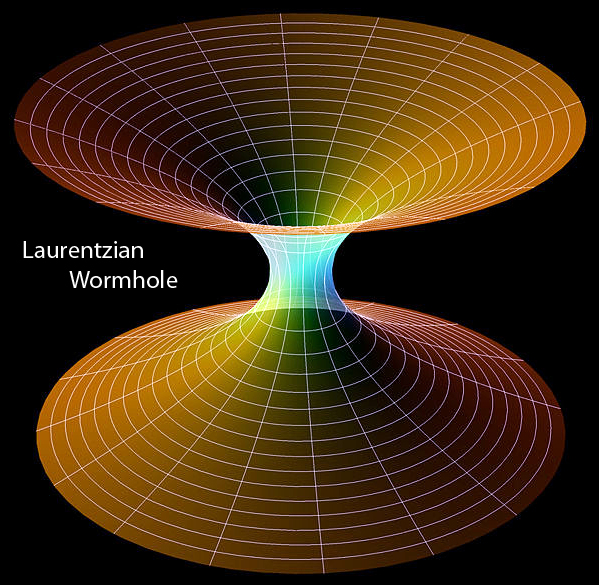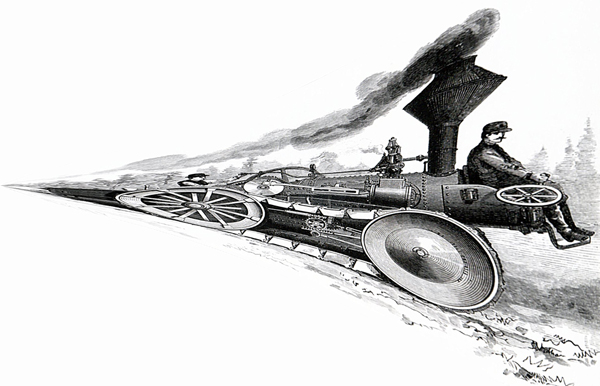Common Sense
Today, common sense. The University of Houston's College of Engineering presents this series about the machines that make our civilization run, and the people whose ingenuity created them.
Science is an odd business — all about knowing the world around us, about matters of fact. Yet how little of that vast world we actually experience! All our lovely colors are just a tiny slice of the full electromagnetic spectrum. How much more a truly comprehensive eye would see. What would be the color of X-rays or of radio waves?
Same with sound: We can hear pitches only from around forty Hertz to 20,000 Hertz. What would be the two-cycle-per day sound of the tides, or the tone of unhearable ultrasound?
What we know of time is also sense-limited. Human experience occurs on a scale far greater than molecular action. Reverse the movement of molecules and they'll retrace time, backwards. We experience the average action of countless molecules. They yield events that go only one direction -- toward ever greater disorder.
We like to speak of common sense — of understanding, shaped by common experience. You and I share similar sensory input, so we share ideas about reality. It's that common sense that keeps us from stepping out of a two-story window. We don't have to know Newton's law of gravity. But even Newton's laws are limited to our slow-moving experience. If we moved near the speed of light, Einstein's relativity would change what Newton tells us.
Common sense could never tell us that we'd return from a high-speed trip to Alpha Centauri less aged than those back on Earth. That's a most uncommon result of relativity theory.
Common sense gets really tricky when we think about time. After all, we never reallyexperience time; we know only present moments. Yet we do have a sense that moments flow toward what we call the future. Common sense is what tells us that a teacup, fallen on the floor, won't repair itself and fall back up on the table.

Still, I'm told that the Comanches did not see time as moving ahead. Instead, their common sense told them that we live the same year, over and over, while people and events in that year change. And I wonder — just how would I contest that idea?
To get beyond the limited reach of common sense we use remarkable measuring instruments. And, when we reach the limits of what they tell us, we turn to tools of math and logic. As we do, we learn things that far outrun common sense. And, it's small wonder that people outside science often view it with distrust.

Once instruments, logic, and math have so magnified what our senses tell us, common sense stops serving us. We find things stranger than we ever imagined — that Earth is not flat, but also that space itself is curved. We learn that, if an object is small enough, it can no longer have a definite location.
So think about that narrow slit through which we look at a vast universe. Then think about science: Science is the way we finally manage to see more than that cramped view through the tiny window of our common senses — and of our common sense.
I'm John Lienhard at the University of Houston, where we're interested in the way inventive minds work.
I offer no specific references here. The allusions to modern physics deal largely with material available in textbooks on the subject or Wikipedia articles. Look for words like theory of relativity, second law of thermodynamics, entropy, Newtonian and non-Newtonian physics, electromagnetic spectrum, sound, etc.
China photo by J. Lienhard. Other two images are adapted from public domain images.
